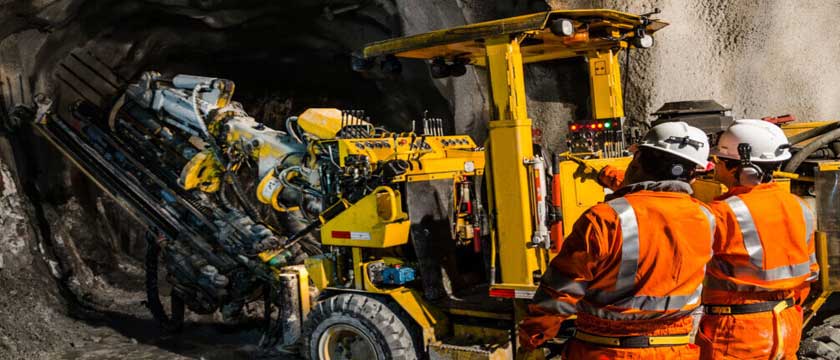1. Sustainable Mining Practices
In India, developing resources responsibly starts with a commitment to sustainable mining practices. This means using advanced technologies and methods to reduce the environmental impact of mining activities. Techniques such as precision mining, eco-friendly extraction processes, and land reclamation help minimize ecological disruption. Indian mining companies are increasingly investing in cleaner technologies to manage waste, lower carbon emissions, and rehabilitate mining areas, ensuring that the land remains productive and safe for future generations.
2. Promoting Community Welfare
Responsible mining in India also emphasizes the well-being of local communities. Mining companies work closely with local populations, ensuring they benefit from the development of nearby resources. This includes creating jobs, providing training programs, and investing in local infrastructure like schools, healthcare, and roads. These efforts help uplift rural areas, providing better living standards and sustainable livelihoods for the people directly impacted by mining projects.
3. Environmental Conservation and Protection
Environmental conservation is a top priority for the Indian mining sector. Efforts are being made to protect biodiversity, preserve water resources, and prevent pollution. Many mining companies are adhering to strict guidelines set by the Ministry of Environment, Forest and Climate Change, aiming to reduce soil erosion, protect natural habitats, and implement afforestation programs. Additionally, Indian mines are increasingly utilizing water management systems to recycle and reuse water, minimizing the strain on local water resources.
4. Transparency and Regulatory Compliance
Transparency and compliance with regulations are essential to responsible mining in India. Mining companies are required to adhere to strict government regulations that cover environmental standards, labor rights, and safety protocols. The Indian government has implemented the Mining Surveillance System (MSS) to monitor illegal mining and ensure that companies follow legal guidelines. This helps maintain a balance between resource extraction and the protection of natural and social assets.
5. Focus on Worker Safety
Worker safety is a critical component of responsible resource development. Indian mining companies are implementing stringent safety measures to protect the workforce. This includes regular safety training, use of personal protective equipment (PPE), risk assessment, and deployment of advanced safety technologies like real-time monitoring systems. By prioritizing worker safety, companies aim to reduce accidents and health hazards, ensuring a safer work environment for all.
6. Efficient Resource Utilization
In India, responsible mining is about optimizing resource extraction and reducing waste. Companies are focusing on efficient mining techniques that maximize output while minimizing the use of raw materials. This includes investing in research and development to innovate more efficient mining processes, recycling minerals, and adopting circular economy practices. By efficiently utilizing resources, the Indian mining sector can contribute to long-term sustainability.
7. Indigenous and Tribal Rights
Responsible resource development in India involves respecting the rights of indigenous and tribal communities. Mining projects often occur in areas inhabited by these communities, so it's crucial to engage them in meaningful consultations. Ensuring fair compensation, protecting cultural heritage, and avoiding displacement are key aspects. Mining companies are increasingly aware of their social responsibility to work alongside these communities, providing education, healthcare, and economic support while respecting their traditional lifestyles.
8. Encouraging Renewable Energy Integration
The Indian mining sector is looking towards renewable energy sources to power its operations responsibly. By integrating solar, wind, and other renewable energy sources into their energy mix, mining companies aim to reduce their carbon footprint and dependence on fossil fuels. This shift to greener energy sources not only supports India's climate goals but also sets an example for responsible industrial practices in the country.
9. Rehabilitation and Land Restoration
After mining operations are completed, rehabilitation and land restoration are crucial to responsible development. Indian mining companies are legally required to restore mined areas to their original state or make them suitable for other purposes like agriculture or forestry. This involves topsoil replacement, planting native vegetation, and stabilizing the land to prevent erosion. By focusing on land restoration, the mining sector in India aims to ensure that mining sites remain viable and sustainable for future generations.


